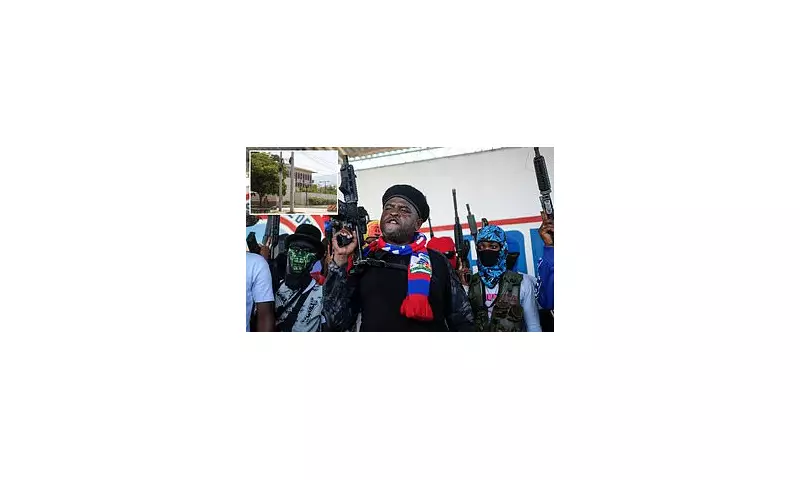
United States Marines stationed at the American Embassy in Haiti found themselves in a fierce exchange of gunfire with criminal gang members who have overwhelmed the nation's capital, in a dramatic escalation of the Caribbean nation's security crisis.
Embassy Compound Under Fire
The Marine Corps confirmed the brief but intense gun battle erupted on Thursday after armed criminals first opened fire on the soldiers. The Marines immediately returned fire in a defensive response. No US embassy personnel sustained injuries during the confrontation, and initial reports indicated no gang members were killed or seriously wounded before they retreated from the scene.
This brazen assault on the heavily fortified diplomatic compound in Port-au-Prince underscores the perilous security situation that has paralysed Haiti. While Marines at the embassy have been shot at on other occasions this year, military officials stated this incident represented the most intense exchange of fire experienced to date.
A Capital Under Gang Control
The security landscape in Haiti has deteriorated catastrophically, with gangs now controlling 90 percent of the capital city, Port-au-Prince. These heavily armed groups routinely extort businesses and engage in violent territorial disputes. Jimmy 'Barbecue' Chérizier, a former police officer, now commands the country's most powerful gang alliance.
The United Nations estimates that gang violence has displaced more than 1.3 million Haitians from their homes in recent years. The streets of the capital have become littered with bodies as the gangs tighten their grip, with paramedics reporting scenes of carnage reminiscent of violent Hollywood films.
International Response to the Crisis
Security across the nation of nearly 12 million people began its rapid decline following the 2021 assassination of President Jovenel Moise in his home by mercenaries. His murder created a political vacuum that the nation's politicians have struggled to fill, with no elections held to replace him since.
In response to the escalating violence, the United Nations Security Council voted in late September to create a gang suppression force of approximately 5,500 troops to deploy to Haiti and combat the heavily armed criminal groups. A smaller, earlier deployment of police officers from Kenya has struggled to contain the gangs, which were responsible for 5,600 deaths last year alone.
The US continues to maintain its embassy operations in Haiti, but the State Department has issued numerous stern warnings advising Americans against all travel to the country. Their guidance starkly notes that 'crimes involving firearms are common in Haiti', listing robbery, carjackings, sexual assault, and kidnappings for ransom as ever-present dangers.





